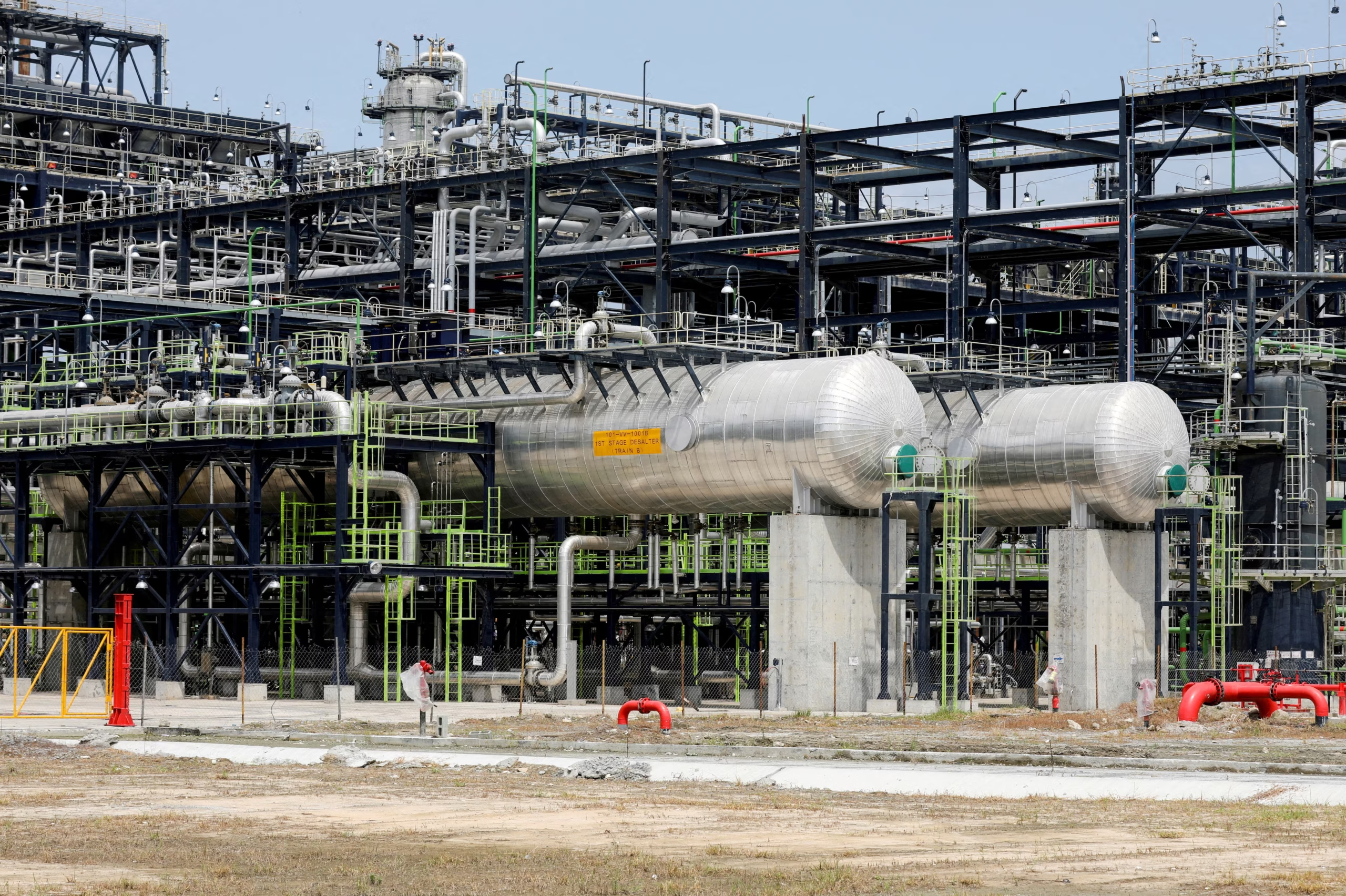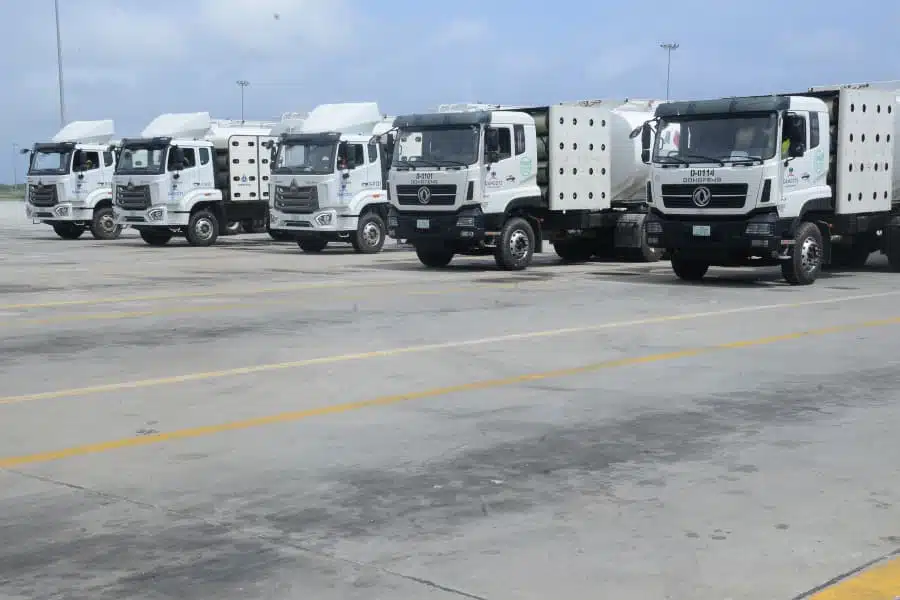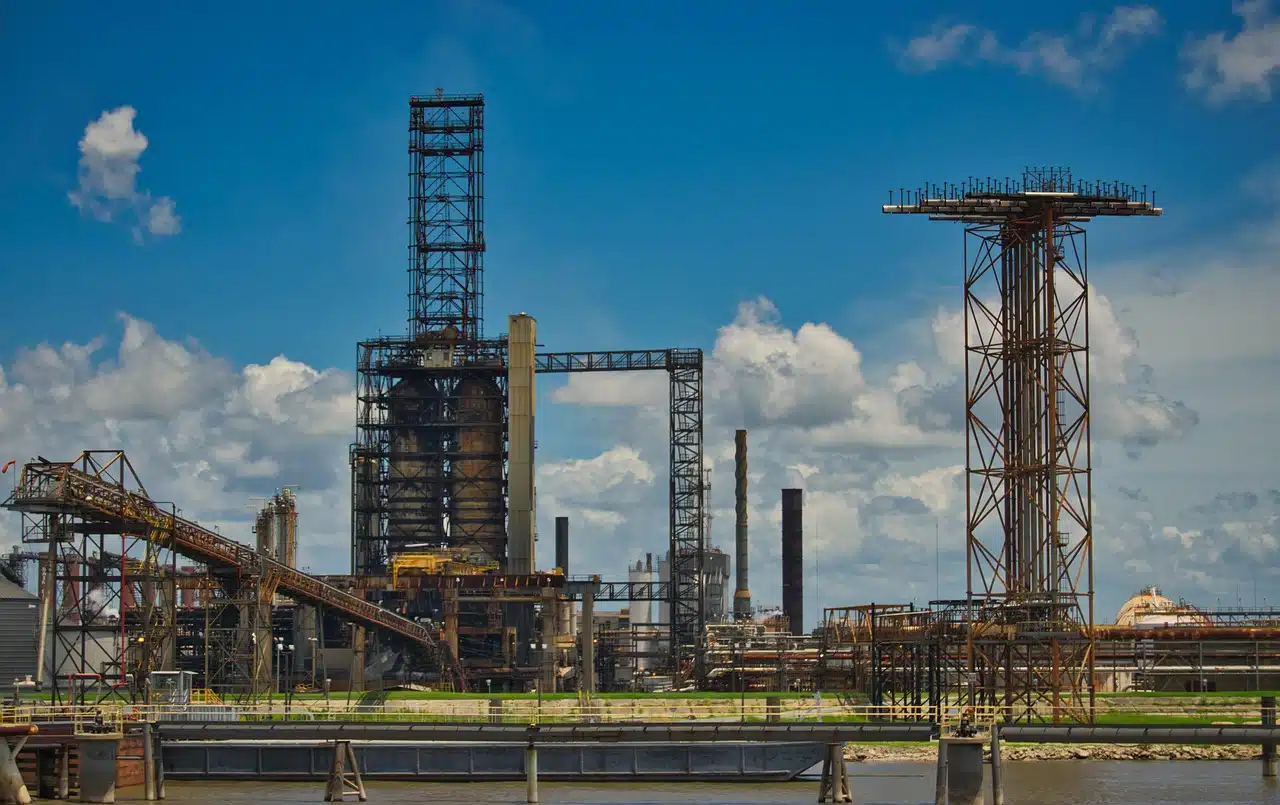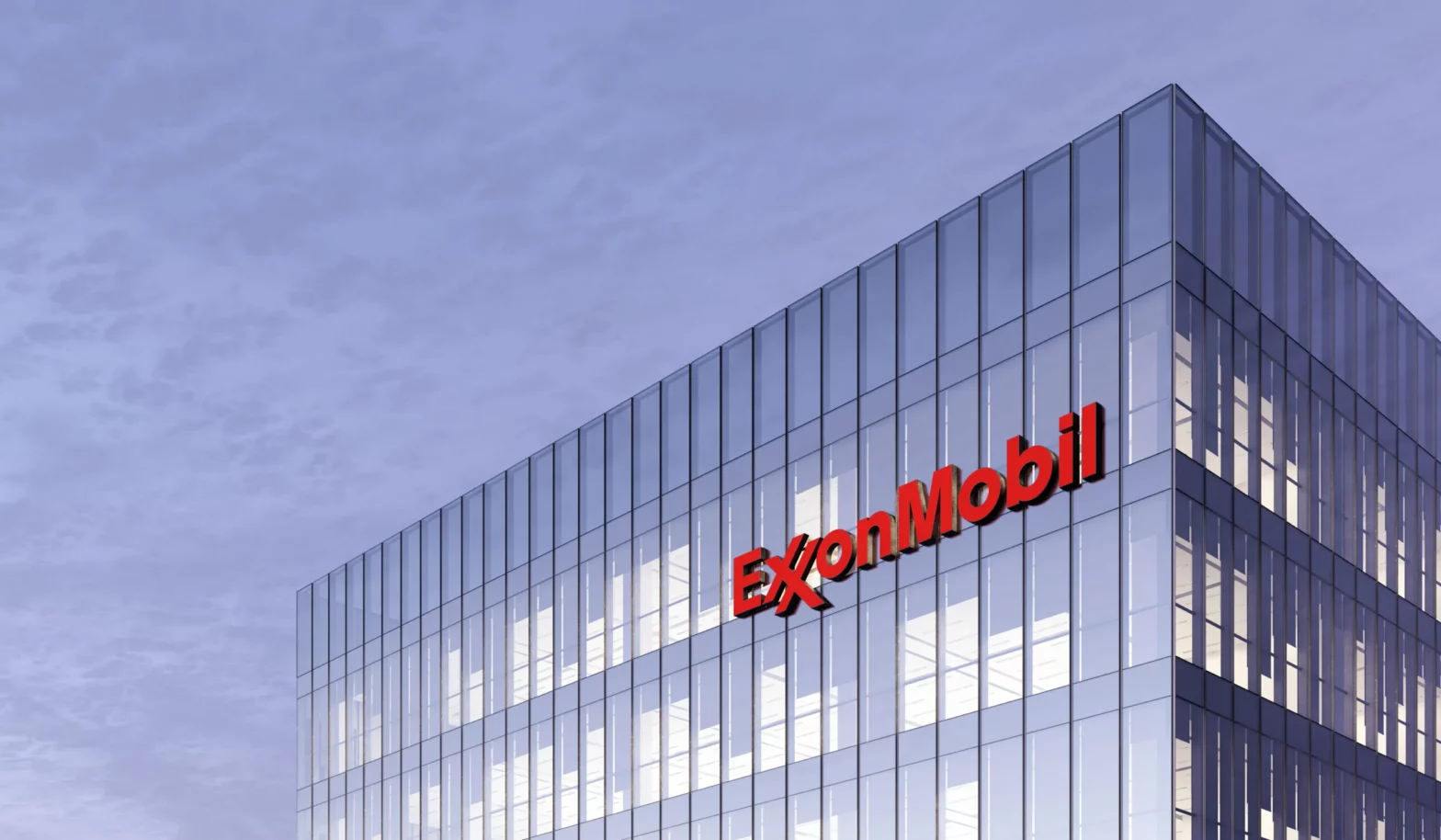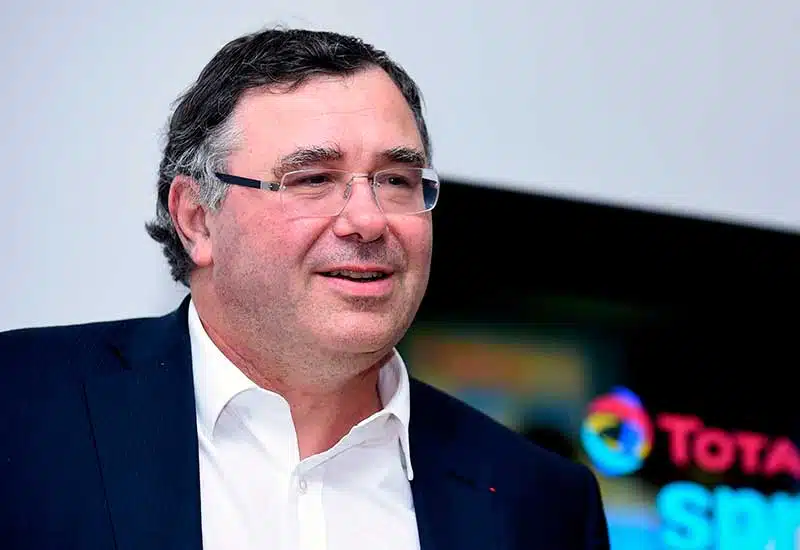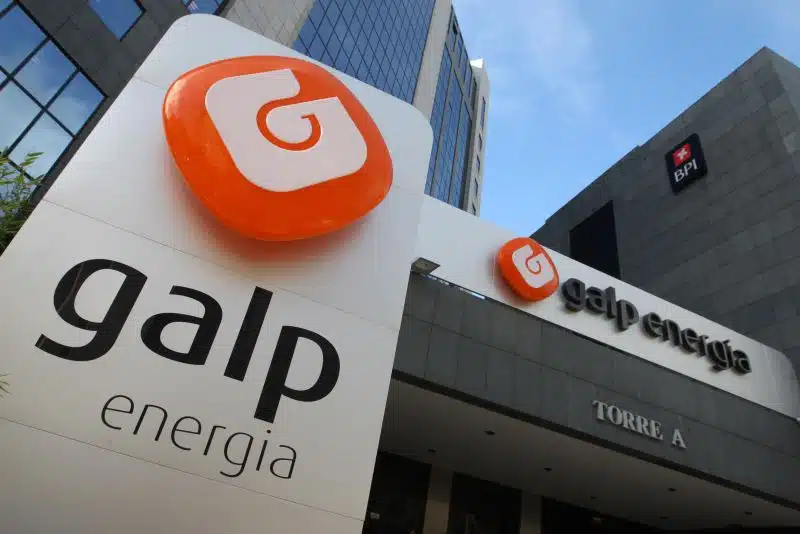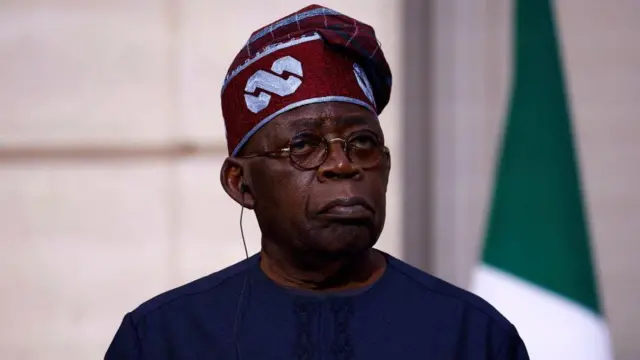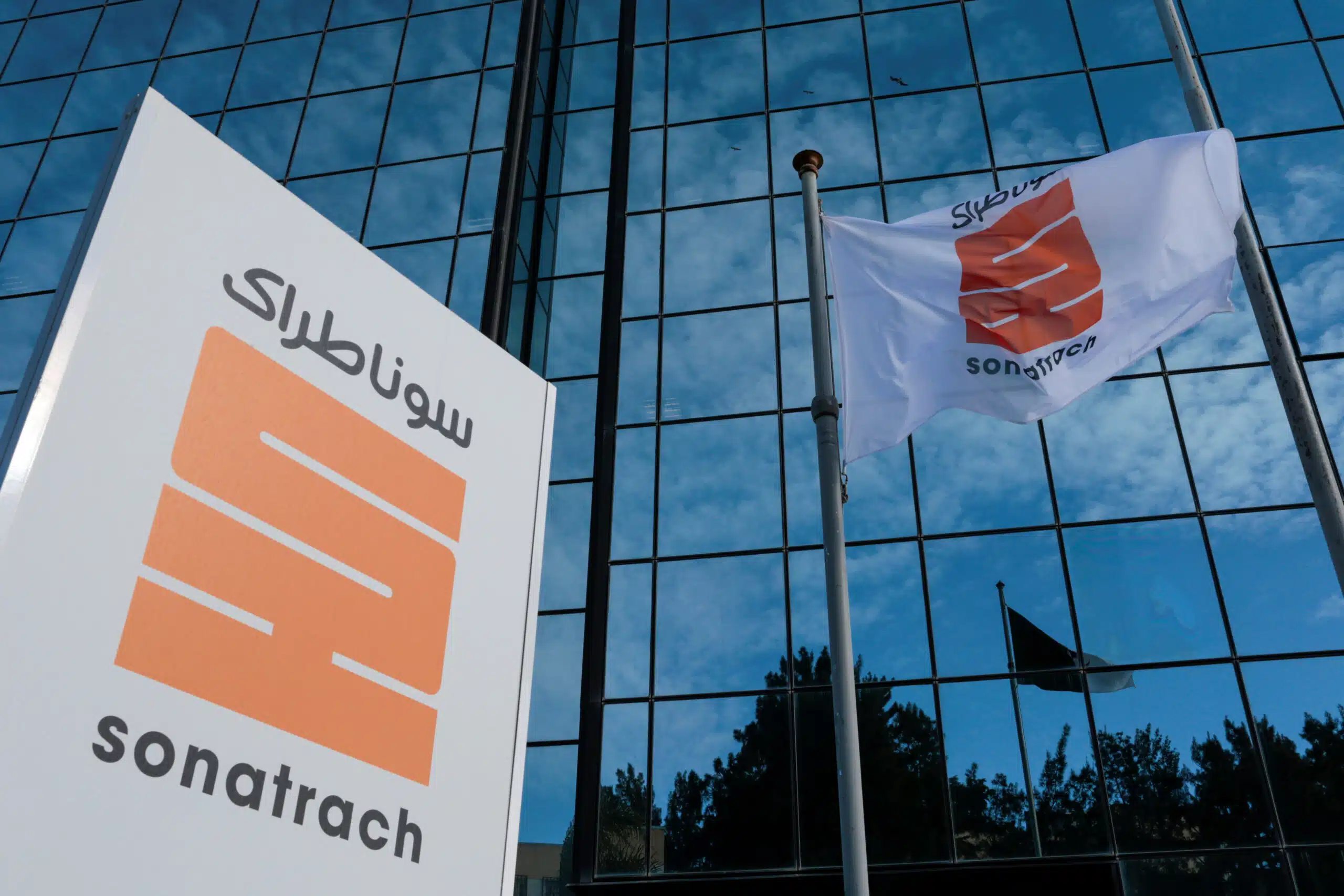Nigeria, like most oil-producing nations in Africa, is catching the refinery fever.
The country, known for its sweet light crude such as Bonny and Forcado, now faces the challenge of matching its oil production with processing capacity.
A decade ago, Nigeria imported most of its gasoline from Europe and Asia. At the time, it had no functional refinery capable of turning crude oil into petrol.
Then came the Dangote refinery, a 650,000 barrels per day (bpd) mega project. It was built with the ambition to refine all the country’s crude and meet local demand.
Aliko Dangote, founder and chairman of the plant, has said Nigeria will no longer face the problem of importing crude oil.
Perhaps he is right, and his ambitions are both noble and well-intentioned.
But like many industries in Africa’s fourth-largest economy, competition often proves to be both its strength and its weakness.
Soon enough, the Dangote refinery was no longer enough for the country’s businessmen and wealthy investors.
Everyone wanted in. In simple terms, a new era of refinery projects had begun.
Rabiu Abdulsalam, popularly known as BUA, also began building his own refinery in the oil-rich Niger Delta State.
The project is expected to cost $3.8 billion once completed.
The BUA refinery may not rival Dangote’s in capacity, but it certainly competes for the limited crude oil the country possesses.
And BUA is not alone.
Following the passage of the Petroleum Industry Act (PIA), which aims to liberalize the oil and gas sector, the nation’s regulatory body has issued more than 40 licenses for refinery construction.
Most of these licenses have remained dormant, with many shelved indefinitely. After all, the refinery business is expensive.
You do not simply wake up and start a project worth millions, if not billions, of dollars, no matter how wealthy you are.
Still, there are those determined to join the race.
If refineries, not importation, are the future of Nigeria’s oil and gas industry, many believe it is best to secure a place now.
As a result, there are indications that at least four refineries are either under construction or being planned across the country.
Last week, for example, Energy in Africa reported that a relatively unknown company, Gasoline Associates International Limited (GAIL), had been approved to build a 450,000 bpd refinery in Ogun State.
This refinery would cost around $15 billion, about $5 billion less than Dangote’s project, according to CEO Dr. Lukman Akande Bolaji.
GAIL is not alone in its ambition. Another refinery is set to be built in Ondo State by Backbone Infrastructure Nigeria Limited (BINL), with a planned capacity of 500,000 bpd.
An unspoken challenge
The refinery race may seem noble and progressive for a country that still imports a large portion of its petrol, but there is a significant challenge.
Nigeria’s push for more refineries does not address its crude oil production shortfall.
It is like building more filling stations when there is no fuel to sell. On paper, the numbers look impressive, but in reality, they are no better than empty showpieces.
Of all the challenges he faces, Aliko Dangote has often said that sourcing Nigerian crude is the biggest.
According to data from Kpler and Bloomberg, about one-third of Dangote’s crude still comes from the United States.
At 85% production capacity, the refinery needs about 550,000 bpd (or 87 million litres).
Nigeria’s national oil company can currently supply only about 300,000 bpd, or 54.5% of that requirement.
Reports suggest that even this supply is inconsistent.
The rest must be imported, mainly from the United States.
If all four proposed refineries were to share this same supply with Dangote, there would simply not be enough to go around.
Nigeria’s daily crude production stands at 1.5 million bpd, but the country directly controls only about 35% of this. The rest is allocated to international oil companies and local producers under joint venture agreements.
Even from its share, the national oil company supplies part of the output to creditors under forward sale agreements, a result of debts incurred to fund operations.
In short, Nigeria’s crude production cannot support four mega refineries, no matter how it is calculated.
An unintended consequence
The original goal of building local refineries was clear: process more of Nigeria’s crude domestically instead of importing expensive fuel.
The key issue here is “importing.” Nigeria spends over 40% of its import bill on petroleum products, amounting to roughly $400 million per month.
It makes sense to refine locally and save this cost.
However, without a significant increase in oil production, Nigeria could simply replace fuel imports with crude imports.
Signs of this are already emerging.
In the first quarter of 2025, for the first time in history, crude oil ranked as Nigeria’s third-largest import.
The country spent about N1.19 trillion ($2 billion) in just three months importing mainly US West Texas crude.
That is an average of $22.2 million per day.
With Dangote aiming to ramp up production, these figures could rise, and the savings from reduced fuel imports could vanish.
Although Dangote has indicated plans to source more crude locally, past experience suggests this may not happen quickly.
And this is with only one major private refinery in full swing. Adding more would almost certainly increase crude imports.
So, while petrol imports may decline, spending on imported crude could remain just as high.
An opportunity for diversification
Nigeria’s growing energy demand may present an opportunity to diversify its energy mix.
Although the country produces crude oil, its gas reserves are far greater.
Refineries are important, but they address only one part of the nation’s energy needs.
Dangote’s petrochemical plant announced plans to produce liquefied petroleum gas (LPG), also known as cooking gas, with a promise to lower prices.
Yet most of Nigeria’s non-associated gas is still flared due to a lack of infrastructure.
The World Bank estimates that Nigeria loses $2.5 billion annually to gas flaring, with even greater opportunity costs.
Unlike crude oil, natural gas produces lower carbon emissions and has been described as central to Nigeria’s energy future.
Most investment in natural gas infrastructure has come from the state-owned oil company and the federal government.
The ongoing OB3 pipeline project, designed to transport 2 billion standard cubic feet per day from the south to the north, is reportedly 93% complete.
Another major project, the Abuja-Kaduna-Kano (AKK) pipeline, is also nearing completion.
These projects aim to improve domestic gas distribution and energy security, in line with Nigeria’s broader gas master plan to reduce flaring.
The Dangote refinery has announced plans to purchase 4,000 trucks powered by compressed natural gas (CNG) to distribute its products.
While these are positive steps, private investment in gas production remains very low.
Oil and gas expert, Sonnang Ndongla, for instance, pointed out the importance of increased investment in gas plant in the country.
“Natural gas is obviously the energy of the future both because of it’s versatility and it’s weak carbon footprint.
“I’ll highly recommend construction of more gas plants which can solve the Nigerian power problem and also empower the agricultural sector (fertilizer) but in the mean time there’s an ever growing need for other fuels like gasoline and etc to power vehicles and the aviation industry” Ndongla said to me.
Nigeria may be riding the wave of a refinery boom, but for a country with limited crude and abundant gas, it may be wiser to invest in gas utilization rather than more oil-based refineries that could create new challenges rather than solve existing ones.

